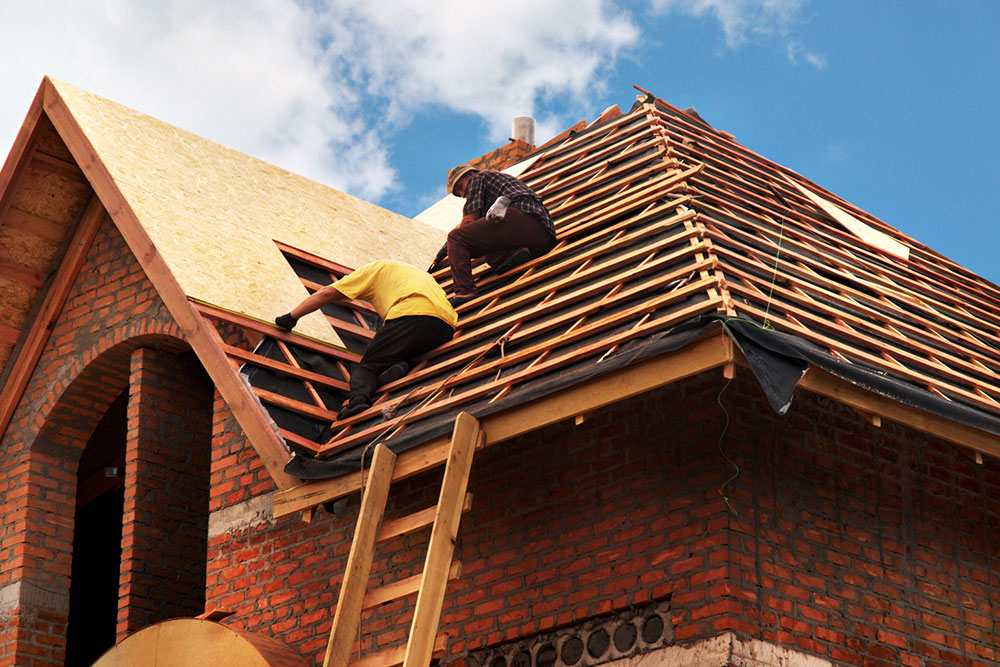4 common roofing mistakes to avoid during renovation

Proper roofing is integral to the structure of a house, and sometimes, even small errors in roofing, like a misaligned nail or using sub-standard shingles, can cause damage. While carrying out renovations on roofing, there are a few things to keep in mind, and not adhering to these can cause water damage, mold, and rot to permeate through the roof. Check out these common roofing mistakes that can occur during roofing renovations.
Fitting a new roof over the old roof
The only way to know what’s wrong with the old roofing is to tear it down and inspect it. Only after this can one ensure a correct roof repair or replacement. Installing a new roof over an old one without finding out the underlying issues is just covering up the problem and could result in costly repairs down the line. Also, the additional layer could increase the weight of the roof and put added pressure and stress on the walls.
Using sub-standard shingles
Buying shingles of strong and lasting quality is important so that they can withstand harsh weather conditions. Skimping on shingles during roof renovation only means that one may need to replace them sooner than usual, defeating the purpose of trying to save money in the first place. Getting a cheap deal or buying from second-hand sellers is one of the biggest mistakes one can make during roof renovation.
Using nails incorrectly
It’s essential to use the right kind of nails, enough nails, and nails in the right spots. If the nails are too short, they will not reach the roof decking, and the shingles could come off. If used in the wrong place or not tucked under the shingles, the nails could rust over time, allow the wind to lift the shingles, or allow rainwater in. Nails with big enough heads and barbed shanks should be driven into shingles at the correct spots and angles to ensure this common roofing renovation mistake doesn’t cost more in the long run.
Reusing a drip edge or not installing one
These aluminum strips are installed on the edge of a roof to direct water off the roof and away from the home. Reusing a drip edge from the previous roof can be tempting, especially if they look like they are in good condition. This is a risk as these old parts may not fit properly on a new roof, leaving it vulnerable to water damage. Moreover, not installing a drip edge is even worse, as these aluminum strips can help prevent water damage to the roof and structure.








